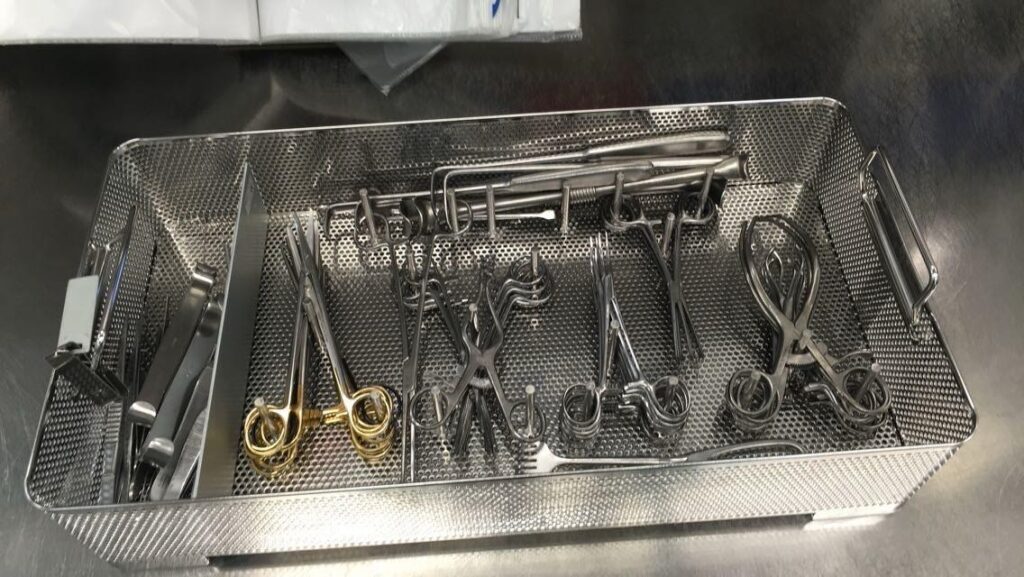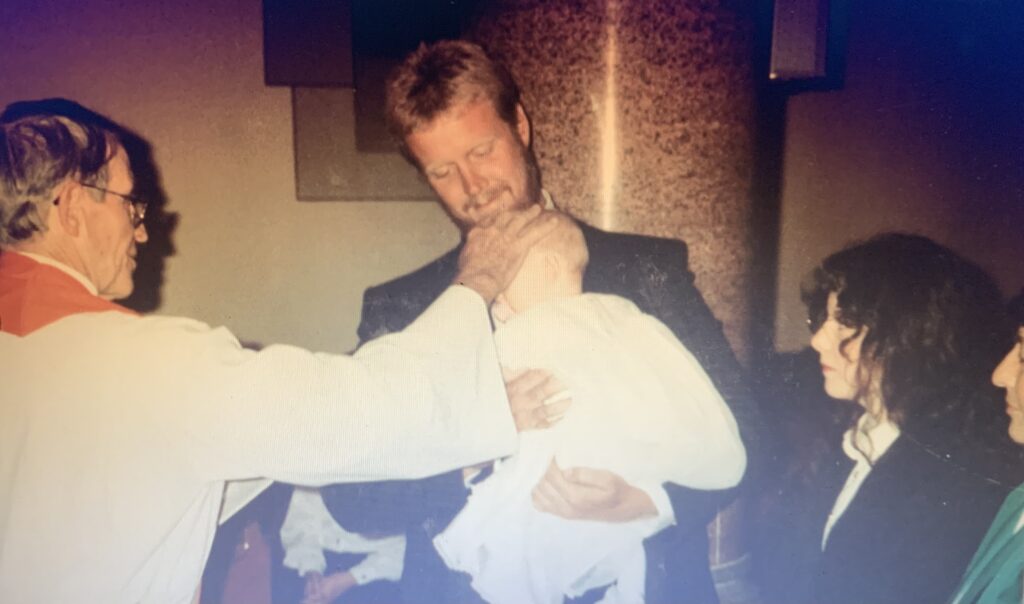Knowledge
In this section, I will explore my knowledge, including lived experience, cultural knowledge, and social work knowledge. Knowledge is shaped not only by relevant literature but also by previous positions, interests, environment, and other factors. In this way, each practitioner will approach social work through a unique lens that is shaped by their experience and knowledge. By exploring my personal knowledge, I can better understand the unique lens that I bring into my future practice as a social worker.
My life experience has been through the lens of a working-class white settler. Because of the dominant narrative and colonized education system, I grew up not recognizing the privilege I held or the ongoing ramifications of colonization. It wasn’t until I worked as a cabinet delivery driver when I was 27 years old (as I explored in my values section) that I began to understand my privilege. When there weren’t deliveries, I would work in the shop building drawers or preparing future deliveries. This was before podcasts had become as popular as they are now, so I would normally listen to YouTube videos. I was listening to a true crime YouTube channel discussing unexplained disappearances, and the next video that auto-populated was about the Highway of Tears. I remember my parents expressing concern when I had moved to Mackenize years before because the Highway of Tears ran through that area. Because of this memory, I decided to listen to the video as I was never really familiar with what the Highway of Tears was. When I realized Indigenous women were being targeted in disproportionate amounts, I ended up listening to CBC reports on Missing and Murdered Indigenous Women. Eventually, this led to residential school content as well. I was shocked and angry but also ashamed that I had lived in Canada for 27 years and had no idea about the horrifying history of Canada and how I existed in a colonized society built to oppress and exclude those not of the dominant Eurocentric narrative.
At the same time, I had also been listening to a Scottish YouTuber who, at the age of 29, had decided to pursue a social work degree. As someone living with undiagnosed ADHD at the time, I was nothing if not impulsive. I decided that I wanted to become a social worker as well because although I knew that I alone could not decolonize the systems we operate under, I also knew that I could not continue delivering cabinets for obscenely wealthy individuals. When I decided Vancouver Island University would be a good fit, applications for the social services diploma were due in a week! I buckled down and submitted my application. I found out I had been accepted into the program weeks later, and I would be joining the Fall 2020 intake!
Before I started my social work journey, I had been accepted into Stenberg College’s Psychiatric Nursing program. However, I needed to upgrade my math, which was a substantial barrier for me, enough for me to reconsider that career! Prior to attempting my Psychiatric Nursing Degree, I had completed the Medical Device Reprocessing Certification and my Airbrakes certification, both through Vancouver Island University. I have completed the Employment Equity Trades Program at the DND Naval base, and I have worked in a variety of roles and industries. In no particular order, some of my past positions include Tim Hortons, 7/11 in Mackenize, delivering auto parts, a forklift operator, receptionist at a Toyota dealership, receptionist at an Optometrist office, a car detailer, waitress, food services for the hospital and Mark’s WorkWearhouse. I am currently a Medical Office Assistant for Island Health. In these roles, I have met many different individuals while also learning what roles I would not want to stay in forever! Because of the great variety of my occupations, I bring a variety of lived experiences to my future social worker practice. I feel that I can confidently say that I will want to remain in this role as I have explored many others!
Pictured Below: The cake served at the Medical Device Reprocessing Technician Certificate graduation and an image of an assembled surgical instrument tray. I can’t remember what surgery this case would have belonged to, but most surgeries had multiple cases. The cases were assembled on the “clean side,” and you would follow a “recipe” to place the instruments in the correct order and section. This was at Cowichan District Hospital, where I worked as a casual in both Food Services and Medical Device Reprocessing from 2016-2018.


Cultural knowledge is shaped by our own social location and understanding of the world; as I have discussed, I am a white settler. I was born to British immigrant parents. I was baptized Catholic, but I have only been to church once. My paternal grandparents are practicing Catholics and I think I was baptized to appease them, we certainly never practiced in our household growing up. My parents were both born in England, but my mum was particularly proud of this and refused to become a Canadian citizen. In that regard, my culture growing up was Tea, Yorkshire puddings and bacon sandwiches or as my mum called them, bacon buttys! I say this not to poke fun at culture, but those were constants for me growing up, and I know that was not the same for my multi-generation Canadian friends. Although I do not feel that I have strong cultural or religious ties myself, culture encompasses a wide range of varying identities that include ethnicity, race, heritage, religion, nationality, sexual orientation, gender, age, disability and other ways and practices (Payne & Reith-Hall, 2019). Hence, it is important as a practitioner that I prioritize creating cultural safety in my interactions with service users by committing myself to continuous learning and clear and non-judgemental communication. I apply cultural knowledge regarding the individuals, groups and communities with whom I plan to work with by being open and receptive to understanding and learning.
Pictured Below: My dad is holding me during my baptism. My paternal grandparents are practicing Catholics; my parents never practiced, nor was my younger brother baptized, so I believe my baptism was solely to appease my grandparents! My mum is on the right of my dad, and I always thought that she looked uncomfortable in this photo. Her family did not practice any religion when she was growing up.

Due to my variety of careers and practicum experiences, I feel that I bring a variety of knowledge into my future social work practice. This includes practice knowledge or knowledge that I have obtained through exposure to social work practice (Trevithick, 2012). During my practicum placements, I have been able to gain an inside knowledge of a “day in the life” of a social worker in Long Term Care and social workers in hospital settings. I have created a foundational knowledge about resources and processes in these settings that will help create a sense of familiarity when I transition into a social work role.
I will also bring personal knowledge into my future practice. Personal knowledge includes knowledge that I have gained from my teaching and learning opportunities, reading, social interactions and work experience (Trevithick, 2012). For example, through my work experience, I have gained a knowledge of local resources in the community for older adults. I have created resource guides and located information for clinicians and clients. My knowledge of community resources and how to navigate them will be beneficial knowledge to bring into my future practice. However, the most important knowledge I possess as I transition into a social work role is the knowledge that I am continuously learning. I will always strive to continue educating myself and evolving in my practice.
In this section, I have detailed my knowledge, including lived experience, cultural knowledge, and social work knowledge. Later on in this e-portfolio, I will discuss my social work skills which will allow me to further explore work experiences and share how my knowledge has shaped my skills.